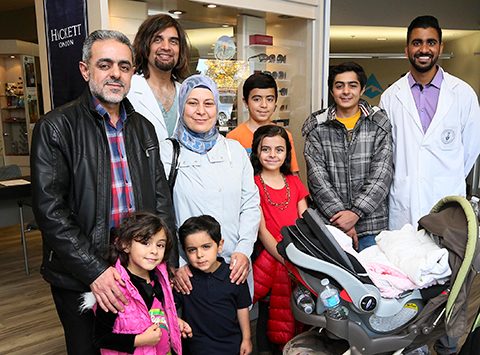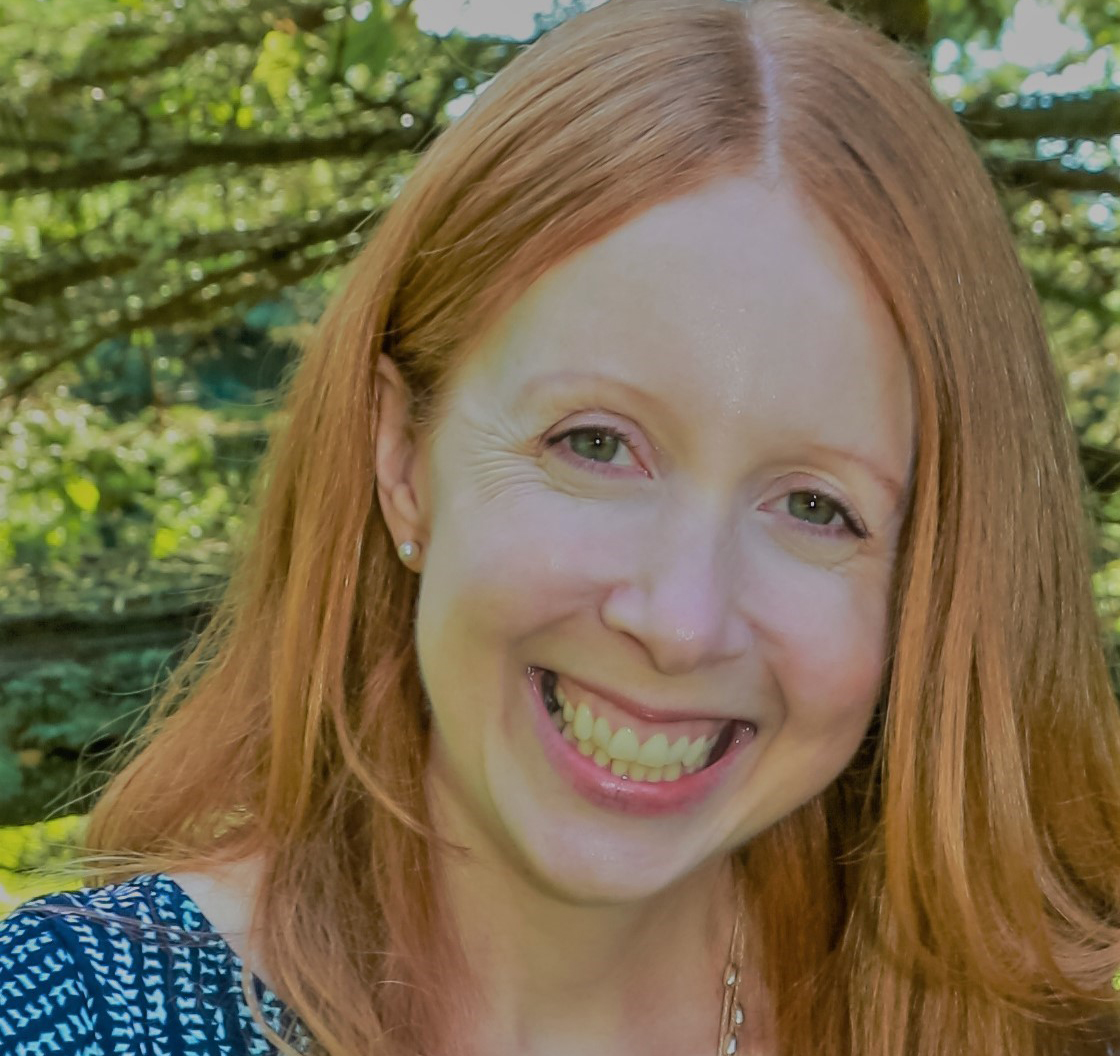
Tarek Bin Yameen has met many Syrian refugees through his volunteer work with relief agencies, but one little girl among all the others sparked his drive to make health care more accessible for these newcomers.
The six-year-old had a serious eye condition, and last winter her sponsors reached out to the medical student knowing he could work with her family to find an eye specialist. It made Bin Yameen wonder how many refugees must navigate an unfamiliar health-care system alone, and how many don’t even try. “They have health coverage, but they often don’t use it because of language and transportation barriers,” he says. “I wanted to do something about that, because I knew that girl could have lost her vision if she didn’t get treatment.”
Since July, 2016, Bin Yameen, a second-year student in U of T’s Faculty of Medicine, has helped organize clinics that have provided free eye exams to more than 600 Syrian refugees across the Greater Toronto Area. He sought help from Dr. Myrna Lichter, a lecturer in U of T’s Department of Ophthalmology and Vision Sciences, and Mes Amis, a refugee assistance organization, to get his idea for the clinics off the ground. Lichter and Mes Amis now run the project with a volunteer team that includes dozens of optometrists, ophthalmologists and almost 80 U of T medical students, who work as interviewers or translators.
The team organizes one-day clinics at eye care centres and mosques, and charters buses to transport the refugees from their homes. They make Arabic translators available to every family, and arrange follow-up appointments or provide prescription glasses on-the-spot.
“For these families, the main priority is getting a home and food, and getting their kids into school,” says Bin Yameen. “A vision assessment isn’t near the top of their list. We had to find a way to make it easy and welcoming.”
When Bin Yameen describes the refugee mindset, he speaks from experience. A civil war forced his family into a refugee camp in his homeland of Yemen for a brief time in 1994. They immigrated to Brampton, Ontario, in 2001. “I’m very mindful of how lucky I am to be here, and of how many people helped me adapt to this country.”
Several more clinics are scheduled for this spring and summer, with the goal of securing funding to make them sustainable in the long term. “The high number of people who have come out showed us the vital importance of what we’re doing,” he says. About one-quarter of the patients have required further care, and several rare genetic eye conditions have been identified.
“Most of the patients have been children,” says Bin Yameen. “If I can play a part in making sure their vision equips them to learn and become successful in this country like I have, then they can pay it forward and help the next wave of newcomers and refugee. That’s what keeps me going.”





